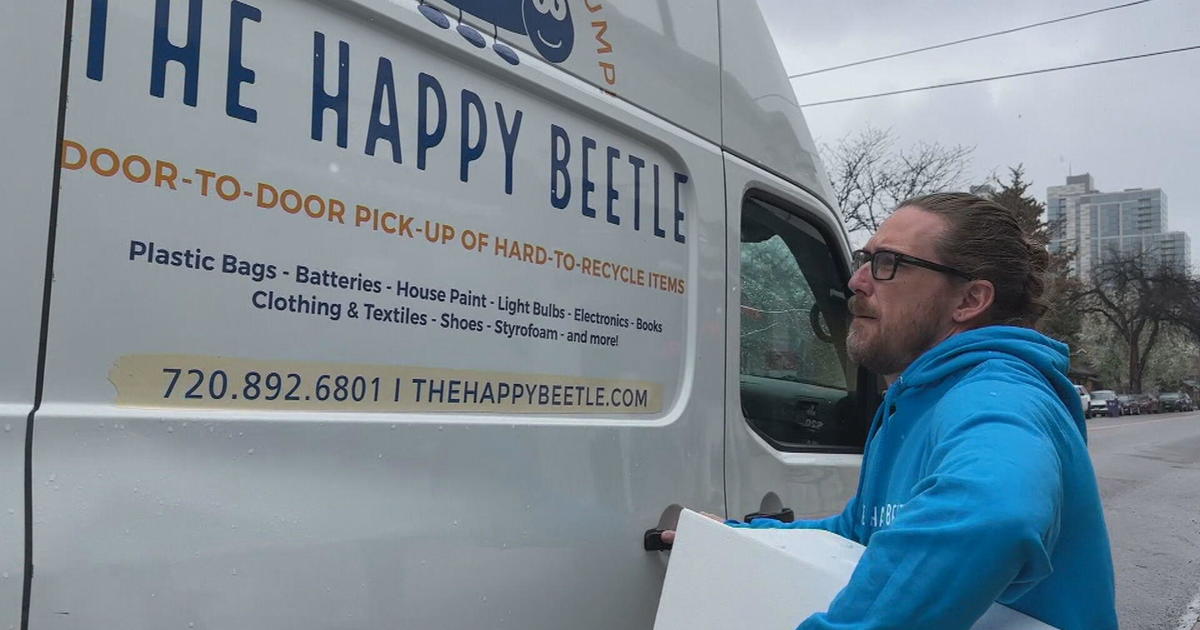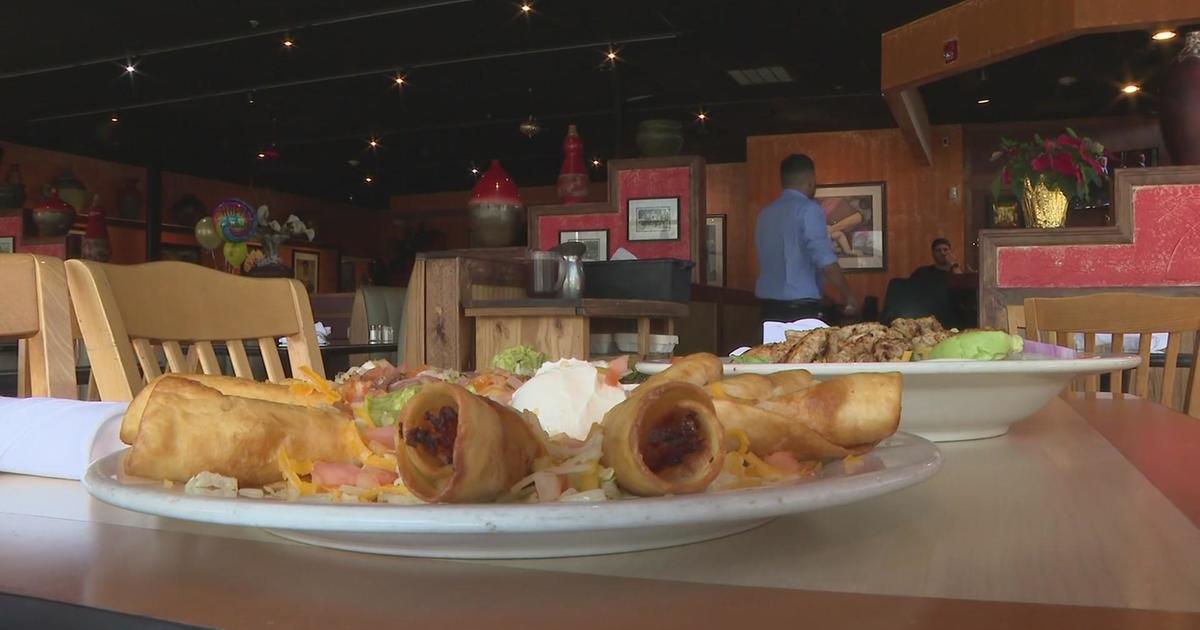Estate Plans Don't Often Account For Pets
FORT COLLINS, Colo. (AP) - You buy them the perfect squeaky toy at the pet store, make sure they have the best food possible and wake up in the wee hours of the morning to take them on walks or pick up the ... well, you know.
But when it comes to man's best friend, many pet owners fail to think of one essential preparation for their four-legged pals: What happens to Fido when you're gone?
Larimer Humane Society volunteer Sarina Baptista said she's seen too many pets come through the shelter's doors because an owner passed away without making plans for the happy future of their animal companions.
"No one else knows what to do with them," she said. "Not only have they lost their person, but they are taken to an unfamiliar place to live."
Judy Calhoun, executive director of Larimer Humane Society, said, at the very minimum, pet owners should consider making both a verbal and written plan for where their animals might stay - and who might take them in.
Similar to selecting a guardian for children, Calhoun said it's important to take those decisions seriously and include all potential parties in the discussion.
"Just as no other piece of estate planning should be a surprise for somebody, you should talk with people in advance," she said. "It's also good to have a backup because people's personal situations can change."
Just as they're your best friend, a pet's life is owner-centric. Picking a family member or friend that already knows the animals would likely be easier on all involved, she added.
Instructions should be written down to aid a personal representative or public administrator handling your affairs after your death or a life-altering illness, according to attorney and public administrator Bill Kaufman.
Your final requests can be formalized in a will or living trust drawn up by a lawyer, or be a "holographic will," in which a person writes their own wishes. Holographic wills are honored in Colorado, but it's important that others are aware of your wishes and knows where written instructions are kept. All important end-of-life documents - which should include your will, a list of potential family and friend contacts and a list of assets - should be kept in a safe place and backed up digitally.
In his role as a public administrator, Kaufman helps manage the estates "when there's no one else there to do it." In his experience, those who "need an estate plan the most" don't have one.
Without a written will or requests, the already traumatic event of someone's death can become even more complicated for those handling their affairs, he said.
Animals are considered personal property in Colorado, and he has handled multiple cases where a fight ensued over who would take a loved one's' animal with little information to help settle the dispute.
Once you know where your pet is going to be staying if you die, it's also good to consider financial provisions for your pets, particularly if they have any lingering medical conditions that might prevent your preferred guardian from caring for the animal(s) financially.
This can be done as a provision in a will or trust or by working with an attorney to establish a separate pet trust with money for the ongoing care of a pet, Calhoun said.
Cary Rentola, of Loveland, said she has made plans for her pets to stay with her brother should something happen to her and her spouse. To help with the financial aspect of owning several pets, her brother is also listed as the beneficiary of the couple's life policies.
"They are our kids, and we want them to stay together," she said. "We feel more secure with these arrangements in place. . I have seen the effects on pets surrendered (while working in animal welfare). It can be so stressful on them and so sad."
Colleen McNaney Babitz has made similar plans for her dog, she said. A close friend has agreed to take the dog and will be given funds and her home to help care for him.
If plans aren't made and no family can be found to take the animals, pets are often taken to an animal rescue or humane society and given an uncertain and "scary" transition.
At Larimer Humane Society, animals have five days for someone to claim them after an owner dies before going through the nonprofit's traditional intake process. After that time has passed, it can be difficult for a family member or friend to obtain the animal.
If an owner hasn't planned ahead or made their existing plans known to family or friends, it could take more than five days for a next of kin to be reached or plans to be found.
Stephanie Ashley, spokeswoman for Larimer Humane, said all animals are evaluated for the adoptions program and follow the same protocols as other animals brought into the facility. If a significant health condition exists, the animal might not be suitable for adoption, making planning for medically challenged pets even more significant.
Local veterinarian Brenda McClelland recently took in and helped re-home seven animals after a client passed away. At least four of the animals were deemed adoptable by a shelter that initially took the animals due to health conditions and would have likely been euthanized had she not stepped in, she said.
"If you don't want your animals ending up in that situation, make a plan for them and have somebody lined up," said local veterinarian Brenda McClelland. "What would happen to your pets if you died? And if you can't afford a will, who should you tell about your final wishes for your pets in case something happens to you?"
- By SARAH JANE KYLE, The Coloradoan
(© Copyright 2013 The Associated Press. All Rights Reserved. This material may not be published, broadcast, rewritten or redistributed.)



